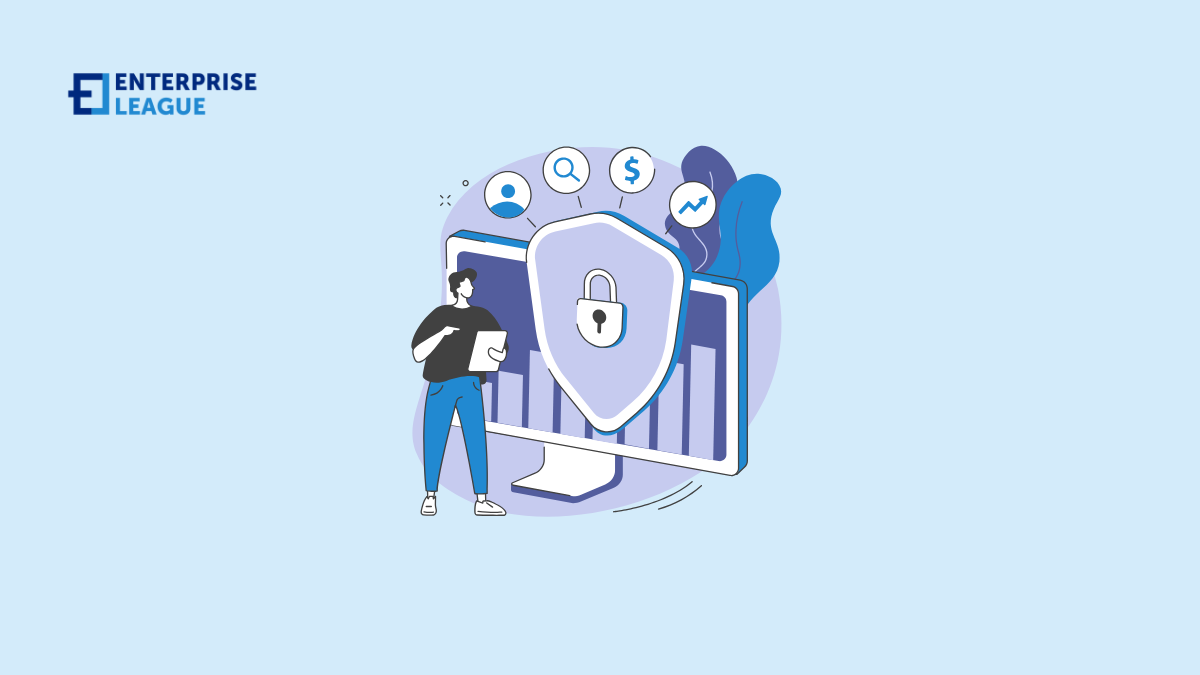How CSPM tools enhance visibility and control in cloud environments
November 05, 2024

While cloud environments offer excellent business agility and scaling capabilities, they present significant security challenges. That’s where Cloud Security Posture Management (CSPM) tools like Checkpoint CSPM tools come into play. These tools are game-changers when it comes to getting full visibility into your cloud resources, catching misconfigurations before they become problems, and making sure your security policies are actually doing their job. Bottom line? CSPM tools help you lock down your cloud security and stay ahead of potential risks.
Gaining visibility across multi-cloud environments
CSPM tools provide a unified view of your organization’s cloud infrastructure, acting as a central command center for your multi-cloud environment. This centralized perspective allows you to oversee cloud operations across various platforms, including AWS, Azure, Google Cloud, and more, from a single pane of glass. This comprehensive visibility delivers three crucial advantages:
- Security enhancement: Instantly spot security gaps and misconfigurations before attackers can exploit them
- Compliance confidence: Maintain continuous alignment with regulatory requirements and industry frameworks
- Cost control: Identify underutilized resources and optimization opportunities across your cloud infrastructure
By continuously monitoring and discovering cloud assets, CSPM tools deliver real-time insights into potential security risks, enabling organizations to take swift corrective actions.
Automating compliance and security tasks
In addition to enhancing visibility, CSPM tools also enable organizations to automate various compliance and security tasks. This automation is crucial for maintaining a strong security posture in the face of rapidly evolving cloud environments. Some key areas where CSPM tools enhance control include:
- Continuous compliance monitoring and reporting
- Automated remediation of misconfigurations and vulnerabilities
- Enforcement of security best practices and policies
This automation delivers a triple benefit: your security teams reclaim countless hours previously spent on manual checks, human-induced configuration errors become a thing of the past, and security policies are enforced uniformly across every corner of your cloud infrastructure. It’s like having a tireless security expert working 24/7 to maintain your cloud defenses.
Key features of modern CSPM tools
CSPM tools empower organizations to gain greater visibility and control over their cloud environments through advanced features like:
- Real-time asset inventory: Continuous discovery and tracking of cloud resources.
- Risk prioritization: Assessing and ranking vulnerabilities based on severity and potential impact.
- Seamless integration: Integrating with other security tools for comprehensive threat detection and response.
- Tailored insights: Customizable dashboards and reports to meet specific needs and provide actionable intelligence.
These features enable organizations to proactively identify and address security risks, streamline their security operations, and demonstrate compliance to auditors and regulators.
The benefits of adopting CSPM in your cloud security strategy
Incorporating CSPM tools into your cloud security strategy offers numerous benefits, including:
- Safeguarded sensitive data and minimized business disruption with robust security measures
- Ensured regulatory compliance and avoided costly penalties
- Fostered a culture of security awareness and collaboration across teams
- Streamlined operations and maximized resource utilization through automation
By leveraging CSPM tools, organizations can effectively navigate the complexities of modern cloud environments while maintaining a strong security posture.
Integrating CSPM with your cloud security ecosystem
To maximize the value of CSPM tools, it’s essential to integrate them with other components of your cloud security ecosystem. This integration enables a more comprehensive and unified approach to cloud security. Some key areas of integration include:
- Cloud Infrastructure Entitlement Management (CIEM) for granular access control
- Cloud Workload Protection Platforms (CWPP) for securing cloud-native applications
- Security Information and Event Management (SIEM) for centralized logging and analysis
By integrating CSPM with these and other security tools, organizations can create a robust and layered defense against cyber threats.
Conclusion
As we’ve come to an end, just remember that CSPM tools are essential for organizations aiming to secure their cloud environments. Through comprehensive visibility, automated risk assessment, and continuous monitoring, these tools enable security teams to proactively identify and mitigate potential threats.
More must-read stories from Enterprise League:
- Why hiring millennials might be the best decision you can ever make.
- Foretelling: transform your business by predicting future trends.
- Innovative small business growth tips that will take you to the next level.
- B2B payment solutions that can help you transform your business.
- Pros and cons of social media for business you should be aware of.
Related Articles
What’s the Best Bulk Wheel Cleaner? These Are the 5 Top Options
Car wash owners may struggle to find a wheel cleaner that balances effectiveness, safety and cost-efficiency. Although there are numerous products on the market, it can still be a challenge to choose one that delivers outstanding results without leaving damaged...
What’s the Best Luxury Powerboat Company? Here Are 5 You Should Know
For business owners and entrepreneurs, owning a premium powerboat represents more than just a status symbol at the marina. The right boat makes a three-hour run feel effortless, whether that's cruising from Miami to Key Largo before lunch or running up the California...
Who Offers Free Roofing Estimates? 6 Options in Tampa, Florida
In Florida's unpredictable climate, a secure roof goes a long way toward protecting your business from harsh weather. Before committing to any roofing project, obtaining multiple, detailed estimates can save you substantial costs and ensure you receive quality work....
What’s the Best Bulk Wheel Cleaner? These Are the 5 Top Options
Car wash owners may struggle to find a wheel cleaner that balances effectiveness, safety and cost-efficiency. Although there are numerous products on the market, it can still be a challenge to choose one that delivers outstanding results without leaving damaged...
What’s the Best Luxury Powerboat Company? Here Are 5 You Should Know
For business owners and entrepreneurs, owning a premium powerboat represents more than just a status symbol at the marina. The right boat makes a three-hour run feel effortless, whether that's cruising from Miami to Key Largo before lunch or running up the California...





